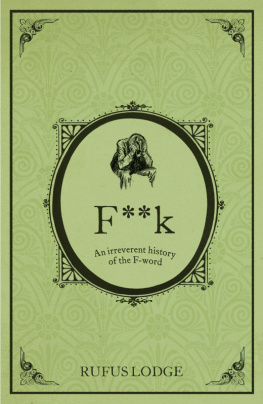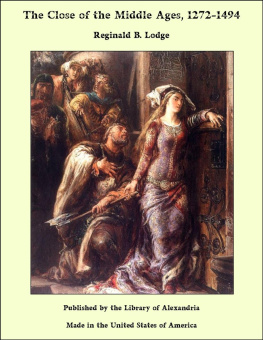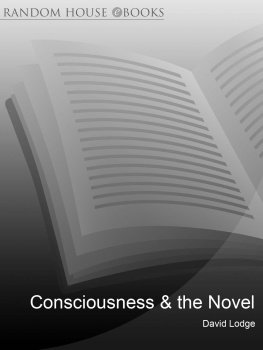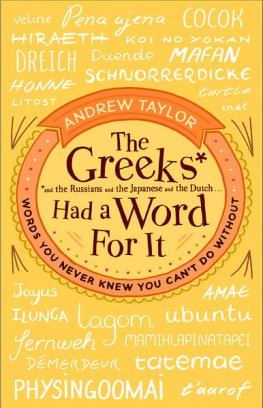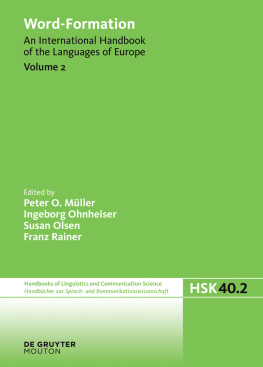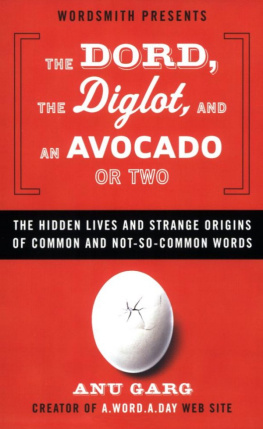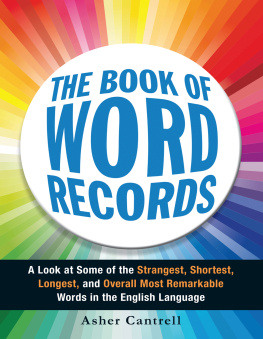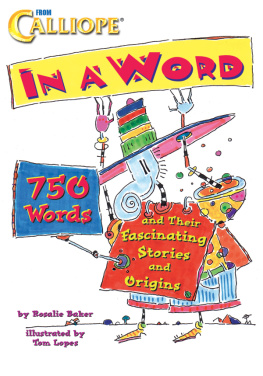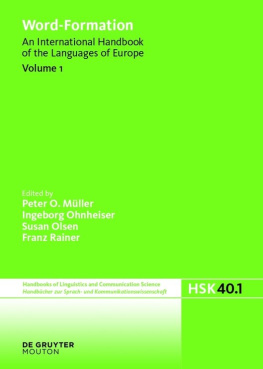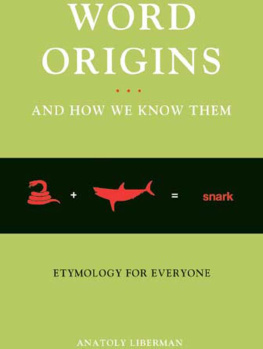Contents
Australia
HarperCollins Publishers (Australia) Pty. Ltd.
Level 13, 201 Elizabeth Street
Sydney, NSW 2000, Australia
http://www.harpercollins.com.au/ebooks
Canada
HarperCollins Canada
2 Bloor Street East - 20th Floor
Toronto, ON, M4W, 1A8, Canada
http://www.harpercollins.ca
New Zealand
HarperCollins Publishers (New Zealand) Limited
P.O. Box 1
Auckland, New Zealand
http://www.harpercollins.co.nz
United Kingdom
HarperCollins Publishers Ltd.
77-85 Fulham Palace Road
London, W6 8JB, UK
http://www.harpercollins.co.uk
United States
HarperCollins Publishers Inc.
10 East 53rd Street
New York, NY 10022
http://www.harpercollins.com
F.U.C.K.? No!
It is true that F.U.C.K. is an abbreviation for the phrase For Unlawful Carnal Knowledge. But it is not true that this abbreviation is the source of the word fuck. Neither, for that matter, is another phrase that spells out the same unseemly word: Fornication Under Consent of the King.
Both phrases have a legal ring to them, and the hint that they might belong to bygone centuries, and so a pair of urban myths has grown up around the pair of them, in tandem. The explanations that their supporters employ are long and imaginative, but they boil down to a single, gristly core: that men in medieval authority grew so tired of writing out the phrase in question that it was abbreviated to save their time and their quills, and the condensed version survived long after the ancient civil service jargon was no longer relevant.
For Unlawful Carnal Knowledge was supposed to have been given as an explanation, in official papers and parchments, whenever a case of adultery was discovered and charged. It has even been claimed that the phrase, or its abbreviation, would be written across the stocks when a philanderer was facing the wrath of the people. Not true: adultery may indeed have been a crime in the past, but never under that name.
At the other extreme, some people were supposed to have been given a special licence to have sexual intercourse, or to produce babies: to these lucky souls, so the theory goes, was given permission for Fornication Under Consent of the King. You have to admit that this is a particularly attractive idea: its easy to imagine the heraldic symbols belonging to the Kings 1st Regiment of Shaggers. But, sadly, its another invention.
Not that this prevented the rock band Van Halen from prolonging the myth that Carnal Knowledge was the root of the illicit F-word. In a burst of adolescent bravado, the band decided in 1999 to call their next album Fuck. Once they had been informed that this would prevent the record being sold at almost all retail outlets, they fell back on the old canard about the punishment of adulterers, and named their album after the phrase that spelled out F.U.C.K. Their information may have been way off beam, but not their commercial instincts, as the record reached the top of the American charts. This proved conclusively that none of the buyers at the nations biggest and most conservative retail chains usually primed to slap a sales ban on anything that might corrupt the innocent masses of Middle America was capable of recognising a blatant reference to the F-word when it was placed in front of them.
Channel Crossing
Some of our rudest words can be traced back to those dirty Anglo-Saxons, who seem to have had an anal fixation a full millennium before this crucial stage of child development was first identified. Not content with beating each other over the head with cudgels and writing Beowulf, they made several fundamental contributions to our native tongue. Its the lads in helmets whom we have to thank for such earthy terms as shit, turd, fart, and arse sparking the 1,300-year-long obsession with potty language that has made us the great nation we are today.
Enter the French. Williams conquerors may have invaded the country, killed our king, immortalised the battle in a wide-screen (tapestry) epic, and written down all our assets in a big book with a gloomy title; but apart from that, what did the Normans ever do for us? Well, they taught us how to piss: we must have been desperate to go by the time they arrived.
After the French, things became more confused: the natives were too busy cooking onion soup and composing chansons to keep track of what was happening to Englands glorious tongue. Those scholars who love wallowing around in the pre-history of foul language, and then have to compile entire dictionaries of more respectable words to disguise their bad habits, are generally agreed that some of our most traditional curse words, such as bum, cunt, and twat, have origins that are, to say the least, rather muddy. Some people would like to place the blame on visitors from Scandinavia, Holland, or Germany, but they all have alibis for the night in question, which leaves us none the clearer.
So it wont surprise you that none of these filthy foreigners is prepared to own up and admit responsibility for creating the king of our four-letter words. So lets examine what we know for sure. Fuck (or fucke or fuk or fukk the same people who thought the Earth was flat werent very good at spelling, either) was definitely a part of our language before 1598, which is when John Florio, the original Englishman abroad, compiled his Italian-English dictionary, A Worlde of Wordes. He defined the Italian verb fottere as meaning to iape, to sard, to fucke, to swive, to occupy. Florio soon became the English tutor of Queen Anne of Denmark, and its intriguing to wonder how many of those words he taught her before she made any state visits to the British Isles (and also whether he told her what they really meant).
When I said our language above I was being deliberately vague. The prime exponents of the F-word during the sixteenth century were the Scots, which wont surprise anyone whos ever watched a Celtic vs. Rangers derby at close quarters. Indeed, they are responsible for all of its pre-Florio appearances on paper. But nowhere even in the distant history of the English tongue is there any suggestion that fuck first landed in Scotland, and then surreptitiously made its way south, quickly corrupting Newcastle and Liverpool before finally reaching Eastbourne in about 1973. So we can only assume that, for obscure social reasons, Scots were less embarrassed about using the already taboo word than their English counterparts.
None of which helps us to discover where we Scottish or English picked up such a dirty word. Given that our Anglo-Saxon heritage brought us so much earthy filth, it would be easy to imagine that fuck came from the same source. But the Angles and Saxons seem to have been too busy farting to worry about copulation. So, with no evidence of fuck pre-dating the French, is it possible that Williams lads didnt just conquer us but also perverted our vocabulary? Here there is the partial evidence of the French verb foutre (sometimes rendered in the past as foutra), which comes from the Latin futuere both describing the action of sexual congress.
That might explain the fu of fuck, but where could the ck come from? Enter the historians who stake the case for the German influence specifically the verb ficken (meaning to strike, a theme that crops up in several English sex verbs between 1400 and 1800). But though logic might suggest that fuck was therefore a French/German hybrid, words dont evolve that way, with a polite sharing of letters from two different sources to create something new: like the armies that spoke them, languages tend to fight to the finish, knocking out their opponents and establishing themselves on their vanquished turf with all their letters intact.
Next page
